Testimonials & Expert Assessments
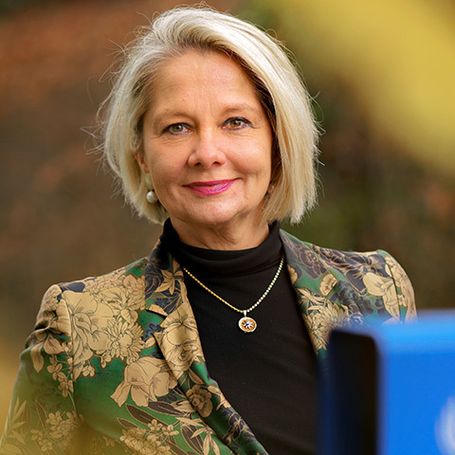
"Digitisation is challenging our societies, since the way we communicate, learn, interact and work is changed. MENA DS will contribute by teaching and showing how we can use this challenge to modernise our business models and ways of new work. New work needs new learning – that’s why the innovative approaches of MENA DS are so important. Only by learning about the deeper dimensions of digitisation will we turn it into a success model for our societies – economically, ecologically and personally."
Prof Dr Ada Pellert, Rector of FernUniversität in Hagen
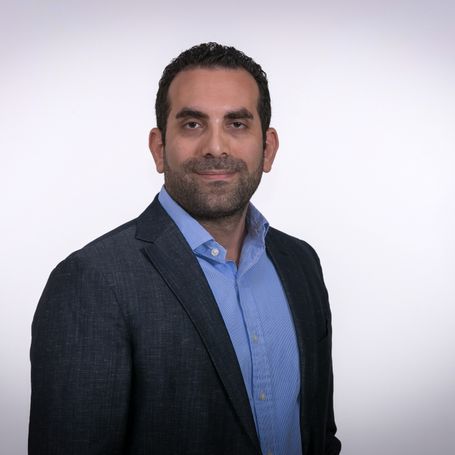
"Indeed, there is a dire gap in similar educational provision in the region, specifically one that is able to deal with, respond to and enable transformation of major challenges happening in our societies. Conventional education (i.e., traditional university degrees) has proved unable to respond to the complex and sometimes devastating changes taking place. A case in point is the post-Arab Spring failures, manifesting in failed states in several Arab countries and melting economies in many others. Transformational learning which enables individuals to realise the impact within their own specific areas of work and specialisation is critical to a global change in the current systems of thinking and operation."
Dr Jad Kawtharani, Director of Quality Assurance at Doha Institute for Graduate Studies

"The main question is how you situate the MENA Digital School in comparison with university curricula. Arab students everywhere want a degree from a recognised university, even when you try to offer professional/practical training and learning. Another thought: There is very little modern knowledge content available in Arabic. This creates a dual society where the English-speaking individuals are able to perform, while a broad category lags behind."
Bassma Kodmani, Academic and Director of Arab Reform Initiative
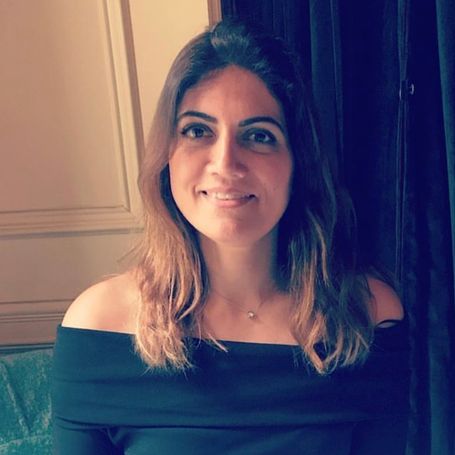
"The need for digital knowledge is very obvious when you look at the MENA region in comparison to other geographical areas. The potential is huge, and the human resources eagerness to know, learn and grow is also highly remarkable. However, the awareness of the importance of digital transformation among local organisations and corporates in the region is still minimal."
Rania Reda, AR Expert and Founder
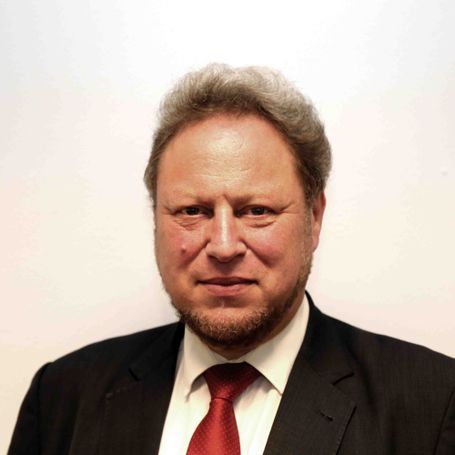
"Education is a mirror of society. Digital academies should not only convey technical knowledge. They should – above all – teach didactic methods that promote creativity. In often challenging political climates, it is difficult to integrate political and social issues into curricula. However, for example, natural sciences can also help to promote independent and creative thinking."
Dr Michael Köhler, Deputy Director-General – European Commission Directorate-General European Civil Protection and Humanitarian Aid Operations
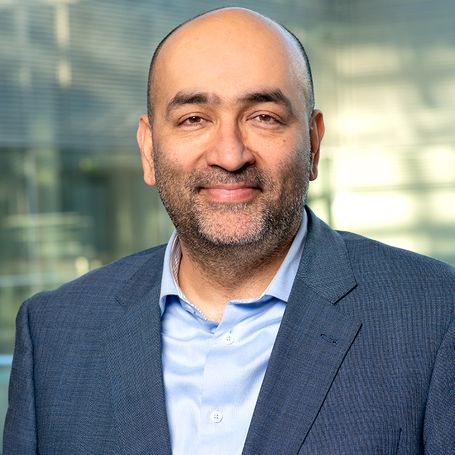
"Diaspora communities naturally have other contact points into the MENA region. Development cooperation is successful if all sides feel that they are genuinely reflected in the process. In this respect, it’s crucial to involve people from the MENA region and the diaspora together."
Omid Nouripour, Member of German Parliament, Alliance 90/The Greens Party Spokesperson on Foreign Affairs
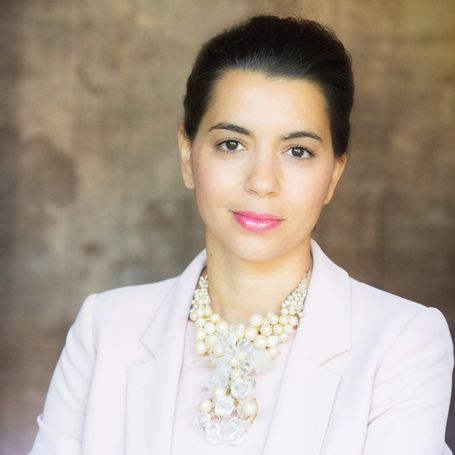
"In the MENA region, young people need up to seven years to find jobs, and 80% of jobs are not advertised. Therefore, placement and retention are as important as skill training. You need certificates; you don’t necessarily need diplomas."
Amel Karboul, Director, Education Outcomes Fund, Former Tunisian minister, founder of the Maghreb Economic Forum Tunis
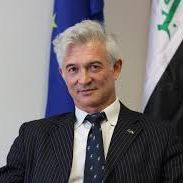
"The whole approach of the MENA Digital School is really relevant and fills a gap. It’s attractive for students and easy to scale up."
Ramon Blecua, Spanish Ambassador on Special Mission for Mediation and Intercultural Dialogue, Former EU Ambassador to Iraq
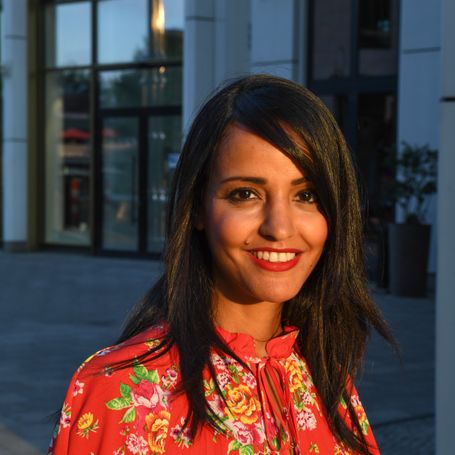
"Berlin is a suitable location for a digitisation academy for people from the Middle East and the Arab world. The German capital has steadily expanded its international partnerships in recent years. Today, more than ever before, Berlin stands for intercultural networking, dialogue and peaceful efforts to resolve conflicts peacefully. I imagine that the students of such an academy can work together in a goal-oriented and productive way even if they come from countries and societies that are in conflict with each other. Berlin creates a unique space for this, has the necessary educational infrastructure and is attractive as a living environment."
Sawsan Chebli, Plenipotentiary of the State of Berlin to the Federal Government and State Secretary for Civic Engagement and International Affairs
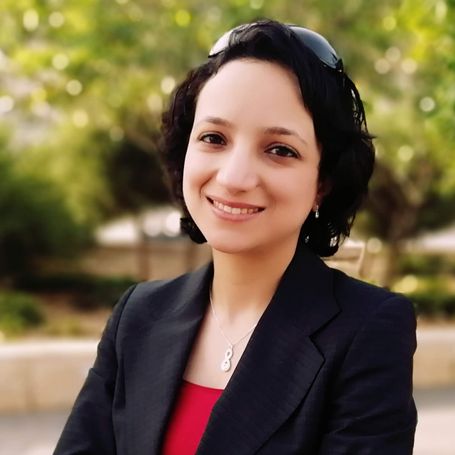
"Most people in decision making are passive and comfortable. What we need is a mindset transformation in the MENA region."
Omnia Eteyari, Founder and Business Advisor

"Monopolies in the digital sphere must be prevented. Globalisation has led to monopoly structures, which has not been in the interest of the people. Diversity matters. And the MENA Digital School can make a contribution to this."
Professor Dr Verena Metze-Mangold, Intercultural Communications Expert and Political Scientist, and former President of the German UNESCO Commission
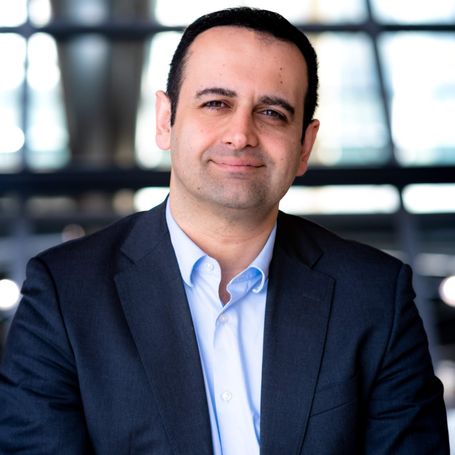
"The idea of a MENA DS is good and up to date. It also corresponds to our demand that Germany become more involved in digital foreign policy. During my trips to the MENA region, I notice time and again that there is great interest in cooperation in the digital sector – most recently in Doha and Abu Dhabi. In particular, the topics of climate protection and digitisation are mentioned. The Bundestag’s Foreign Affairs and Budget Committees will also take up the topic with interest."
Bijan Djir-Sarai, Member of the German Bundestag and Committee on Foreign Affairs

"Don’t build sector-specific silos. Public servants could fit into this programme as well as managers or recent graduates. Middle management and public servants do not have too much access to the topic, but you could combine know-how and power by building tandems between young digital natives and officials or managers. This could be a cultural and generational shock – but probably a positive one!"
Irene Weinz, Senior Project Manager Robert-Bosch Stiftung

"The concept of the MENA Digital School addresses two key issues at once: It offers the younger generation in the Middle East additional, internationally integrated educational and certification opportunities. Opportunities which are not sufficiently available in the home countries. And it helps prepare the region for digital transformation in the business world and in society as a whole."
Dr Carsten Siebert, Chancellor Barenboim- Said Akademie
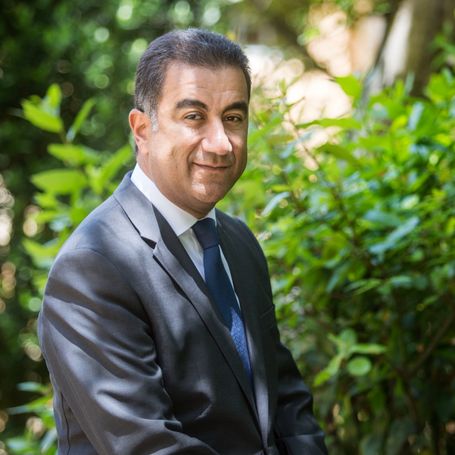
"Community building is an important aspect because you prepare the future for the entire region. You develop the skills and the networks for life. If we look at this from a regional perspective, this could even reinforce regional integration and Mediterranean cooperation."
Dr Fathallah Sijilmassi, Diplomat, Consultant and Former Secretary General of the Union for the Mediterranean
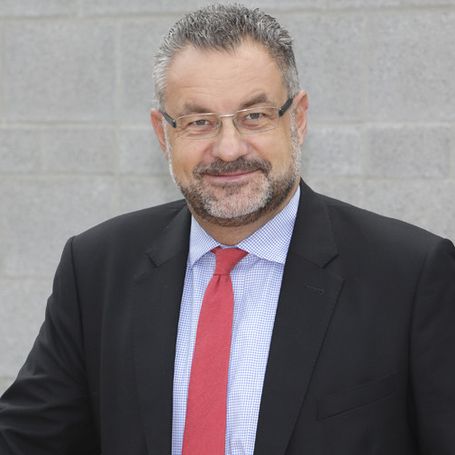
"An institution like a MENA Digital School, with the goal of training people from the MENA region to become experts on digital transformation, should include journalists and media professionals. Without the media on board, a successful digital transformation cannot happen. While journalists should not become activists of the digital transformation, they need to be informed about it. However, what we see in the MENA region in recent years is an artificial shortage of media resources. Concerning a successful, more inclusive, democratic and pluralistic digital transformation, the region is caught in a vicious triangle: lack of political will, lack of economic resources for independent media, lack of capacity to develop. We need to break this triangle."
Dr Frank-Dieter Freiling, Head of International Relations at ZDF Television
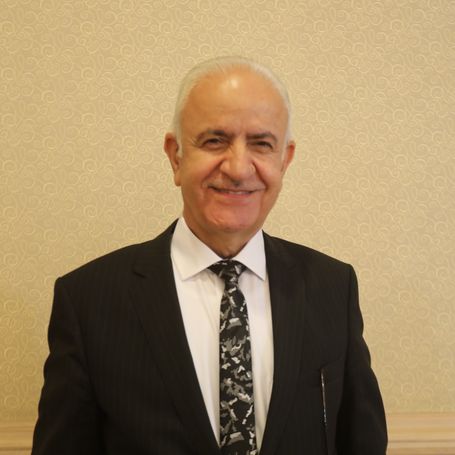
"There will be a lot of interest in Iraq in a MENA DS that teaches and supports people in dealing with digital transformation. As a member of parliament, I am constantly bringing the topic of digitisation into our debates – even if it is simply to say that we are wasting too much paper, and therefore valuable time. I want universities to become digital and for digitisation to be taught in concrete terms as well. And with regard to the question of whether the authorities would send their senior officials to MENA DS courses or teaching opportunities: it is always a question of concept and cost. But in principle, I think the Iraqi ministries would be willing to do that. When we talk about role models in the region in terms of digitisation, the talk tends to be about the UAE and Qatar. A lot is being implemented there that we could look to adopt."
Dr Abdulbari Al-Mudarris, Member of the Iraqi Parliament and Head of the Presidential
Committee for National Unity
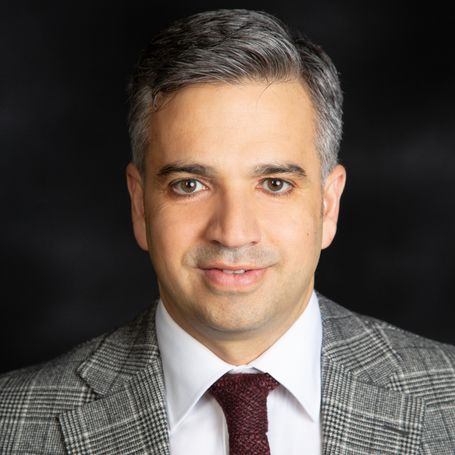
"An academy aimed at training digital transformation professionals in the MENA region could be very beneficial to the healthcare sector. Medicine, medical technology and healthcare are innovation drivers for digitisation, and at the same time areas in which new jobs are being created in the Middle East and North Africa. Digital transformation know-how is in high demand in this sector. Healthcare is interlinked with the economy, logistics, public administration and security. What is needed here are experts who have a holistic approach when it comes to understanding problems and identifying solutions. My experience from the Arab world, especially from the Gulf states, is that the region is particularly interested in cooperating with Germany in this area."
Nizar Maarouf Global Health Expert and Healthcare Manager
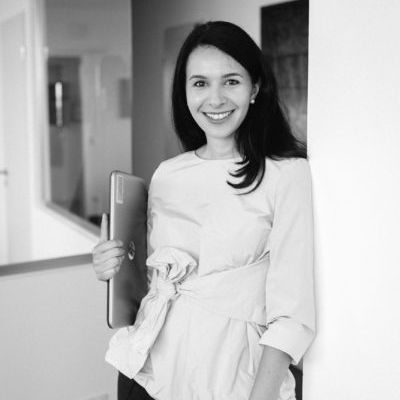
"Two target groups should be particularly targeted: 1). The public sector, as they have the leverage to impact profound change. Civil servants with a holistic understanding can streamline digital transformation; 2). People in rural areas and refugees who do not have access to the digital space and are disconnected from the world around them."
Louisa Mammeri Network Organiser, BMW Foundation Responsible Leaders Network in
Western Asia and Northern Africa

"Based on the brief presented, the idea of a MENA Digital School sounds very innovative, but also very specific. As far as digital learning is concerned, to my understanding this has become a highly competitive market, with many top-ranking institutions seeking students and also full digital players. However, I see a tendency among the major European institutions to not go exclusively online. Presence and classroom teaching remain important, since the community experience, the direct interactions with professors and fellow students, are a very important added value of any academic education. Presence and personal exchange should also be considered at MENA DS, even if the focus of the curriculum remains the digital sphere. Distinction should also be clearly made between graduate study opportunities and executive education
(young or middle-experience managers)."
Aurélien Krejbich, Executive Director of CIVICA – The European University of Social Sciences. Former Director of the Centre for Europe in the Sciences Po International Affairs Division
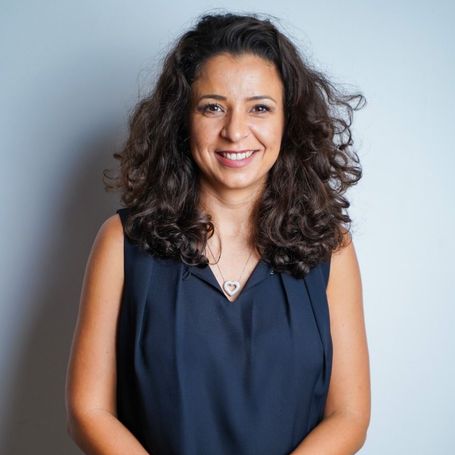
"Technical skills are sufficiently covered, but where there is still a major gap is the link between these technical skills and the ethical, social and political aspects. There is a major gap in terms of what the technical implications are in terms of enterprise strategy, priorities, positioning, business model and how it should be serving its market."
Amel Saidane President TunisianStartups, Co-Founder and CEO Betacube

"Qualification and investment in new technologies and contents is therefore essential, both in Germany and in the MENA countries with their large number of young people looking for sustainable jobs. As chairman of the Committee on Economic Cooperation and Development, I am convinced that sustainable development always requires economic development. With its progressive industry and technology, its internationally recognized educational system and specific training and qualification programs such as the MENA Digital School Project, Germany can be a reliable partner in this regard."
Dr Peter Ramsauer, Former Federal German Minister, Member of German Bundestag, Chairman of the Committee on Economic Cooperation and Development

"An unprecedented, innovative idea in the MENA region that supports talents and motivates them to do greater things? Of course I support this project! I like that the MENA Digital School takes into account gender-specific aspects of digitisation and automation, and follows an intersectional approach."
Aline Abboud, TV News Anchor & Journalist
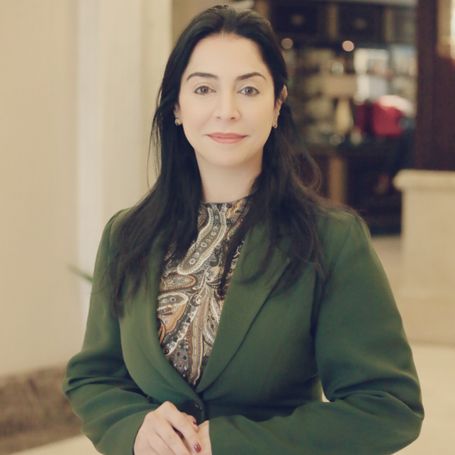
"Inclusion through education is key to integration and the digital form provides immense potential."
Sima Abd Rbbo, Consultant
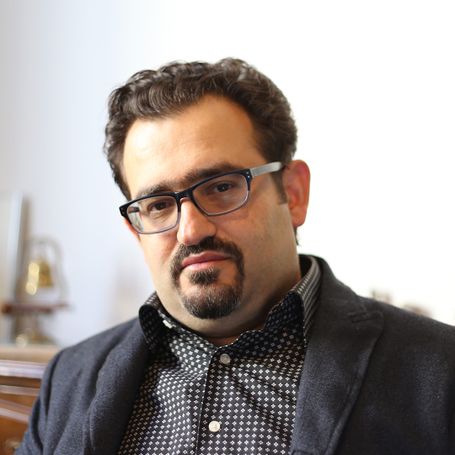
"Many people in the MENA region are much more at home in virtual realities than we Europeans are. Young people in particular want to do everything digitally, but they lack the know-how. A lot of things run intuitively. A MENA Digital School could provide students with the skill sets necessary to
strive in the digital economy."
Dr Naseef Naeem Legal Scholar
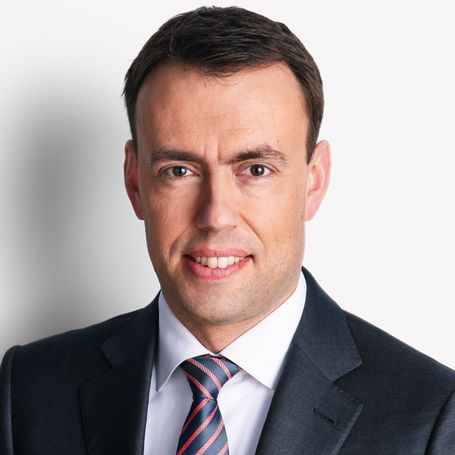
"Both as the SPD Spokesman on Foreign Affairs in the German Bundestag and in my previous activity as Minister of Economics of the Federal State of Baden-Württemberg I travelled extensively in the MENA region. There, I encountered high demand for European and German know-how and support in the field of corporate digital transformation, specifically for the manufacturing industry. Germany can provide a lot of support and best-practice examples in the private sector. As far as the administration is concerned, I recommend also looking at other European examples, such as Estonia."
Nils Schmid, Member of German Bundestag, SPD Party Spokesperson for Foreign Affairs
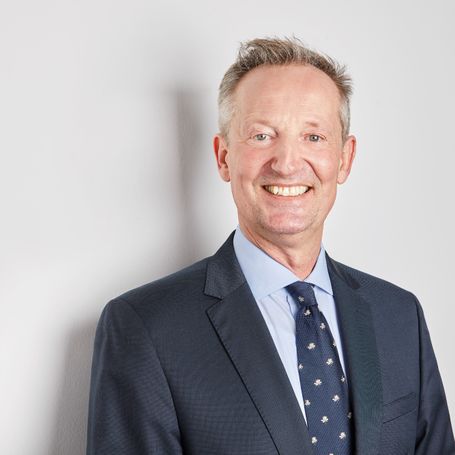
"Personal meetings are important to build trust, especially in the MENA region. I would advise against a solely digital approach to teaching. A hybrid model of teaching will work best."
Christian-Peter Hanelt, Senior Expert Europe, Neighbourhood and the Middle East at the Bertelsmann Foundation
